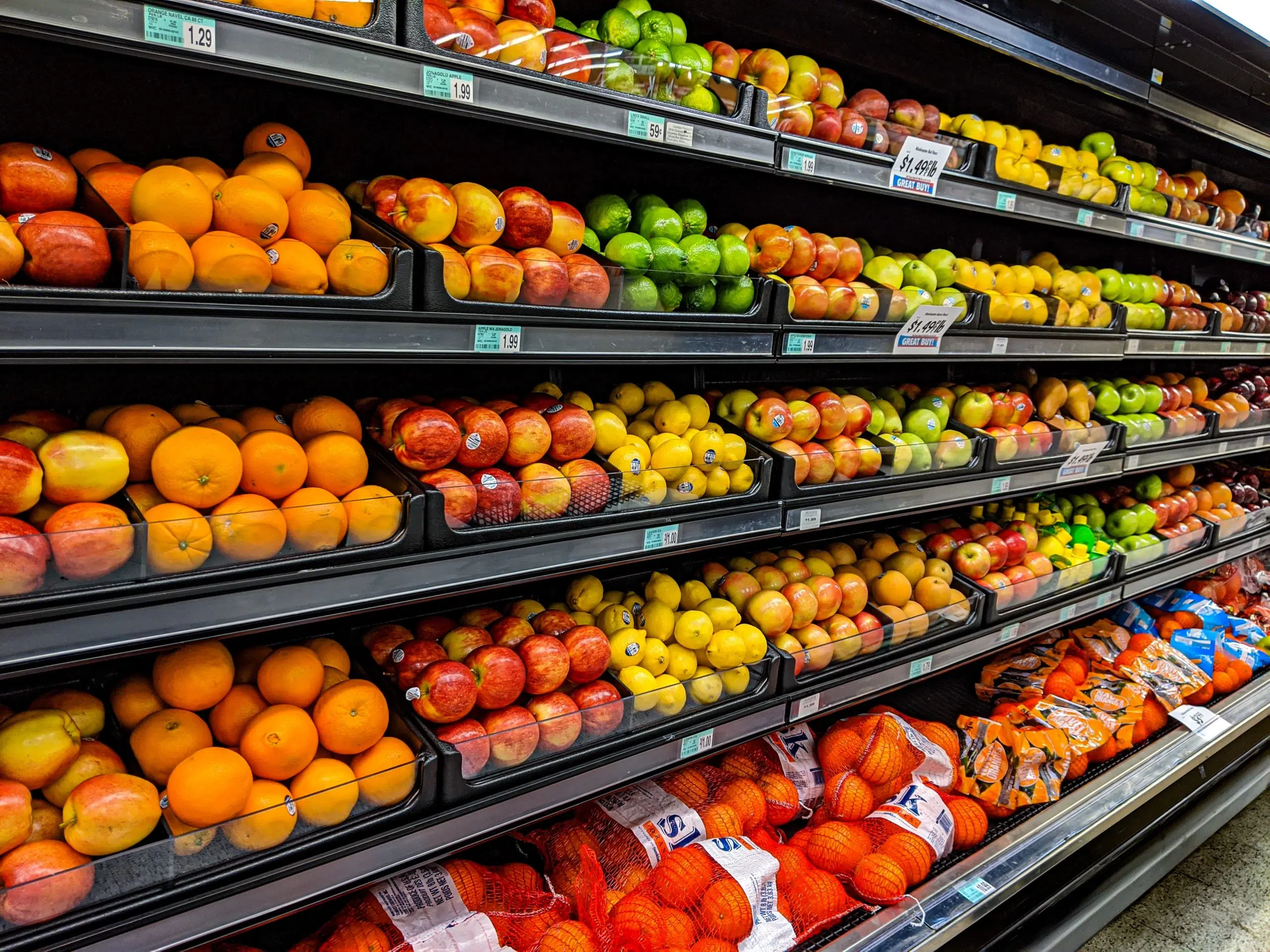Canada’s annual inflation rate slowed in January, according to the latest report from Statistics Canada.
The Consumer Price Index rose 2.9 per cent year over year, compared to 3.4 per cent in December.
According to the StatCan report, lower gasoline prices were the largest contributor to the drop.
Gasoline prices fell four per cent on a year-over-year basis, largely due to what is called a base-year effect.
Prices spiked in January 2023 amid refinery closures in the southwestern United States following a winter storm.
StatCan said price growth for food purchased from stores also slowed in January, contributing to the drop in overall inflation.
While grocery prices remained elevated, growth slowed to 3.4 per cent year over year in January, compared to 4.7 per cent in December.
The deceleration of grocery prices was broad-based, with products such as meat, dairy, bakery products, and fresh fruit contributing to the slower year-over-year price growth.
Lower prices for airfares and travel tours also contributed to the headline deceleration, according to StatCan.
Year over year, prices rose at a slower pace in January compared with December in nine provinces. Alberta was the only province with faster price growth, partly due to higher electricity prices.
Below is a province-by-province breakdown of the Consumer Price Index in January compared to December.
- Manitoba: 0.8 per cent in January compared to 1.7 per cent in December
- Prince Edward Island: 1.6 per cent in January compared to 2.6 per cent in December
- Saskatchewan: 1.9 per cent in January compared to 2.7 per cent in December
- New Brunswick: 2.3 per cent in January compared to 2.9 per cent in December
- Newfoundland and Labrador: 2.5 per cent in January compared to 3.4 per cent in December
- Ontario: 2.7 per cent in January compared to 3.4 per cent in December
- Nova Scotia: 3.0 per cent in January compared to 3.6 per cent in December
- British Columbia: 3.0 per cent in January compared to 3.4 per cent in December
- Quebec: 3.3 per cent in January compared to 4.0 per cent in December
- Alberta: 3.4 per cent in January compared to 3.0 per cent in December
You can find the full report on Statistics Canada’s website.





